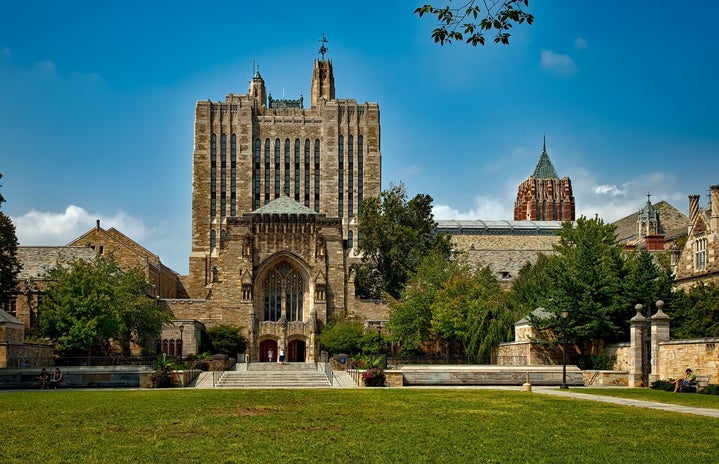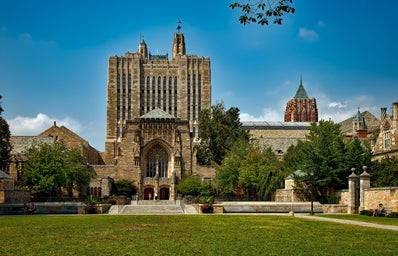Several decades ago, a student walking into the University of Nottingham’s campus could have expected to be greeted by masses of protestors bearing placards. Whether it be issues of sexism, racism or international affairs, any social injustice would have been condemned by vehement students across the country. Today, walking on to campus, I am simply bombarded with leaflets for Friday nights at ‘Bopp’. Indeed, while at the height of student activism in the 1960s, youths represented a distinct voice in British politics, we have been entirely silenced, disenchanted with change or revolution.
A notable example would be the reaction to Emma Watson’s iconic ‘He For She’ speech at a United Nations conference. Social media almost imploded as fans raced to glorify the ‘Harry Potter’ star. Like many other universities, Nottingham’s Feminist society attempted to capitalise on the roaring success of the actress’ speech and yet, few campaigns materialised. While they continued to spread the striking message – through endearing photos of young adults advocating sexual equality – there have been no broadly publicised student campaigns acting upon Watson’s wise words. Of course, this is by no means an attack upon the University of Nottingham’s feminist society. Instead, it is a reflection of the apathy and passiveness that plagues modern student culture. Ultimately, we rant of injustice on Twitter, hail Emma Watson as a goddess and declare ourselves feminists. That is where it ends. Confident we have made some kind of statement, we fail to realise our words.
Comparatively, following the 1966 creation of the Radical Student Alliance (RSA), a 1967 sit-in at the London School of Economics attracted 100, 000 student protestors who protested the suspension of two students. Likewise, an 80, 000 person protest was held at Grosvenor square. The contrast between today’s student-led campaigns and those of decades gone by is astounding.
Law student Charlotte Scott, 20, passionately condemns the lack of activism on campus, proclaiming; “I thought coming to university would give me a platform to voice my political ideals. Unfortunately, though there are campaigns, they have failed to gain momentum”. The future lawyer continues on to use the recent Global Gender Gap report as an example of the necessity for activism. The aforementioned report, published by the World Economic Forum (WEF), exposed the increasing inequality between genders in Britain. Originally ranked at 9th in 2006, Britain has dropped to 26th in the report that assessed 142 countries. Once again, this is an issue that could benefit from the organisation and enthusiasm of students. Additionally, zero-hour contracts, unpaid internships and housing crises are problems that will impact us in the future and need tackling.
Furthermore, comedian Russell Brand has been broadly ridiculed for his efforts to engage youths in contemporary politics. While his left-wing ideals are perhaps rather extreme, one cannot undermine his passion for exacting revolution. There is undoubtedly a need for action and perhaps Brand’s controversial ways are the only method of giving students back their voice.
There was a time when student activism resulted in police intervention and even deaths, specifically on American campuses. Educated youths of the sixties were willing to die for their cause. Today, we are unable to spare a few hours for problems that will impact us upon graduation. All we are known for at the University of Nottingham is singing shockingly sexist chants containing necrophilia. Is that all we are capable of?
Edited by Mackenzie Orrock

